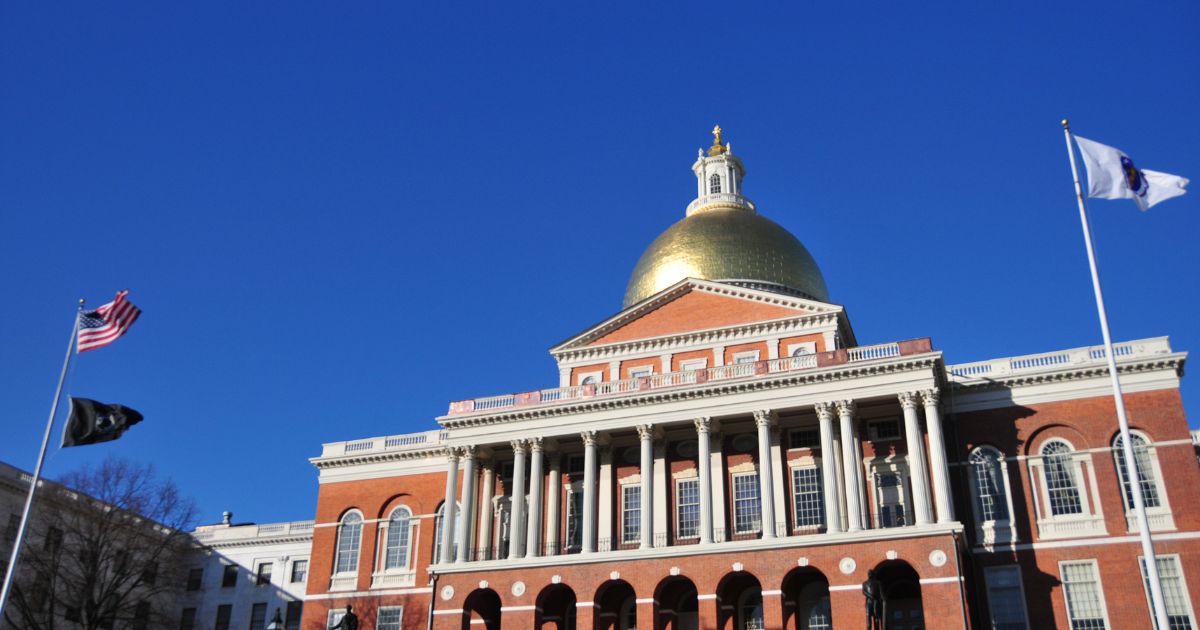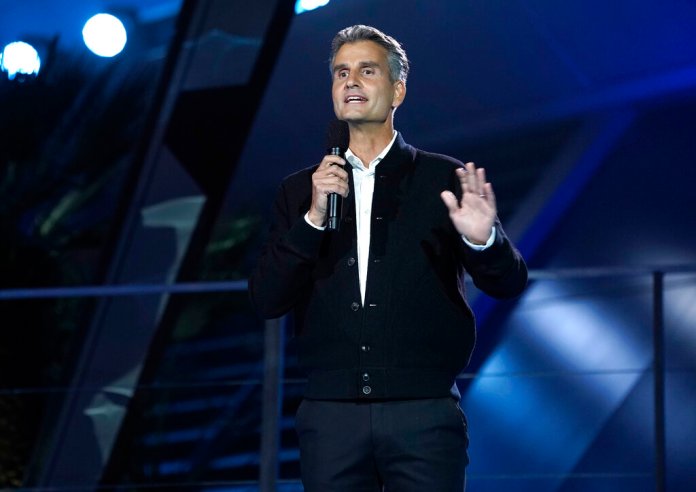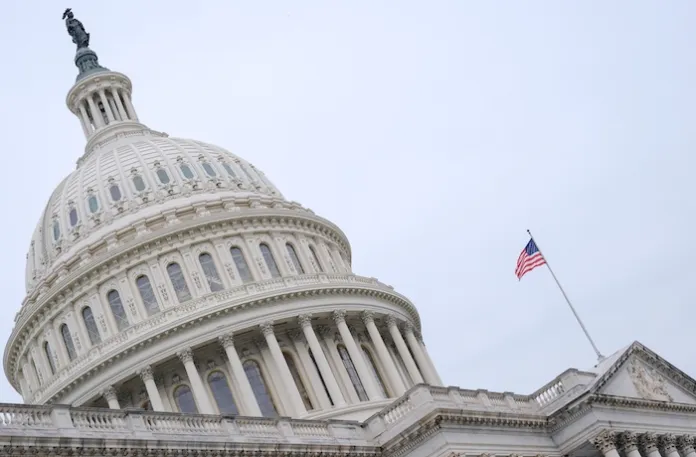Change could raise gas prices 65 cents a gallon, audit sought – Washington Examiner
State Senate Minority Leader Brian Jones has requested an audit of the California Air Resources Board (CARB) due to its decision to revise the Low Carbon Fuel Standard (LCFS), which might raise gas prices by as much as 65 cents per gallon starting July 1. This change coincides with an increase in the state’s gas excise tax, perhaps leading to even higher costs for consumers, particularly during the summer driving season. Jones criticized governor newsom for implementing these changes amid rising global tensions that could disrupt California’s supply of imported fuel, which is heavily relied upon for state consumption.
The LCFS adjustments could also effect fuel prices in parts of Nevada and Arizona that use California refineries. Jones is concerned about California’s capacity to produce oil, which falls significantly short of state needs, leading to increased dependency on foreign oil sources primarily from the Middle East and Latin America. He has previously sought facts on the regulatory processes and cost estimates from CARB, citing delays and opaque communications from the agency.
CARB had initially projected that the policy changes would add 47 cents to gas prices, but later retracted that figure, labeling it as incomplete. The proposed audit aims to assess whether CARB’s methods for estimating economic impacts are sound, transparent, and properly account for consumer consequences. The context of these changes is compounded by a scheduled annual increase in California’s gas tax,further burdening consumers.
Change could raise gas prices 65 cents a gallon, audit sought
(The Center Square) — State Senate Minority Leader Brian Jones, R-San Diego, has requested a state audit into the California Air Resources Board regarding its decision to overhaul its Low Carbon Fuel Standard program, which is expected by some to raise gasoline prices up to 65 cents per gallon when it takes effect July 1.
A separate gas excise tax increase will also take place July 1 amid possible disruptions to California’s Middle Eastern fuel supplies, which could push prices even higher for consumers during the peak summer driving season.
Compliance costs for this program could also impact fuel prices in the parts of Nevada and Arizona that rely on California refineries for fuel.
“This is the absolute worst time for Gov. Newsom to hit Californians with a double whammy at the gas pump: a 65-cent price hike through the LCFS and yet another gas tax increase,” Jones told The Center Square. “As global tensions escalate, California’s dependence on imported fuel leaves us dangerously vulnerable to even greater price spikes. And with a fifth of our in-state refining capacity set to shut down, we’ll be forced to rely even more on foreign sources.”
In 2023, California produced just 124 million barrels of oil, meeting 23.4% of state needs, while importing 15.9% from Alaska and 61% from abroad. California’s foreign oil mostly comes from Iraq and Saudi Arabia in the Middle East and Ecuador and Columbia in Latin America, making the state vulnerable to supply shocks, as may happen as a result of the ongoing Israel-Iran conflict.
One month ago, Jones launched an investigation into the decision-making process at CARB — all but two of whose voting members are appointed by the governor — and Newsom’s office for the program overhaul. CARB estimates the LCFS changes will increase fuel prices by $162 billion through 2046 — resulting in higher prices at the pump — while providing $105 billion in credits for electric vehicle charging network owners and $8 billion in credits for hydrogen.
The LCFS program creates a baseline allowable carbon dioxide emissions output that falls over time, with producers of fuels that emit more carbon dioxide — a non-toxic, naturally occurring part of the planet’s atmosphere — than allowed by the standard required to buy credits from producers of “fuels” that emit less than the standard.
While CARB first estimated the updated standards would add 47 more cents to the cost of each gallon of gas, it later withdrew that figure, saying the estimate was “incomplete” because it “looked only at fossil fuels and did not capture all of the transportation fuels that will be available in response to these regulatory updates.”
“The SRIA took a very conservative approach — assuming, for example, that maximum possible costs of the program compliance would be passed through to fossil fuel consumers while no benefits of program credits (e.g., for completing fuels) would be passed through as savings to consumers,” continued CARB.
This statement suggests CARB withdrew its analysis for not completely factoring in the reduction in gasoline demand that its new fees would induce. That would also have to include the relative incentive to switch to transportation energy sources that are subsidized by the new fees, such as electricity and hydrogen.
Jones’s Public Records Act request into CARB and the governor’s estimates and discussions on the cost of LCFS to consumers was met with delays, noting some responses would take weeks, while other records requested were too broad, and that some are categorically exempt.
The governor’s office, while promising an update by July 14, stated exemptions from the requests included “correspondence of or to the Governor or employees of the Governor’s office” and “records that reveal the deliberative process of the Governor or his staff.”
CARB responded by stating that it will make contact within 30 days regarding providing records, an estimate of when the search and review for records will be complete, and why any records are being withheld.
After the dragged-out response to the PRA request, Jones submitted a request for a state audit to the Joint Legislative Audit Committee. His request detailed how CARB initially estimated the overhauled LCFS would increase gas prices by an additional $1.83 per gallon by 2042.
“CARB walked back its officially released estimate figures and made changes to the draft regulation amendments,” wrote Jones. “Throughout the remainder of the rulemaking process, members of the public, media, and legislature inquired and implored CARB to release updated estimates on the impact this new rule may have on the average consumer.”
GAS PRICES: INCREASE AT THE PUMPS THROUGHOUT THE COUNTRY
The request asks the state auditor to determine whether CARB uses “sound” economic methods in estimating economic impacts, meets legal transparency requirements, appropriately balances economic, environmental and equity concerns, and whether CARB has concealed or downplayed any cost impacts of its regulations.
The discussion over the LCFS comes when the state’s gas tax is set to also statutorily increase on July 1, as it does every year because the tax is indexed to inflation. This separate excise tax is set to rise from 59.6 cents per gallon to 61.2 cents per gallon.
" Conservative News Daily does not always share or support the views and opinions expressed here; they are just those of the writer."




